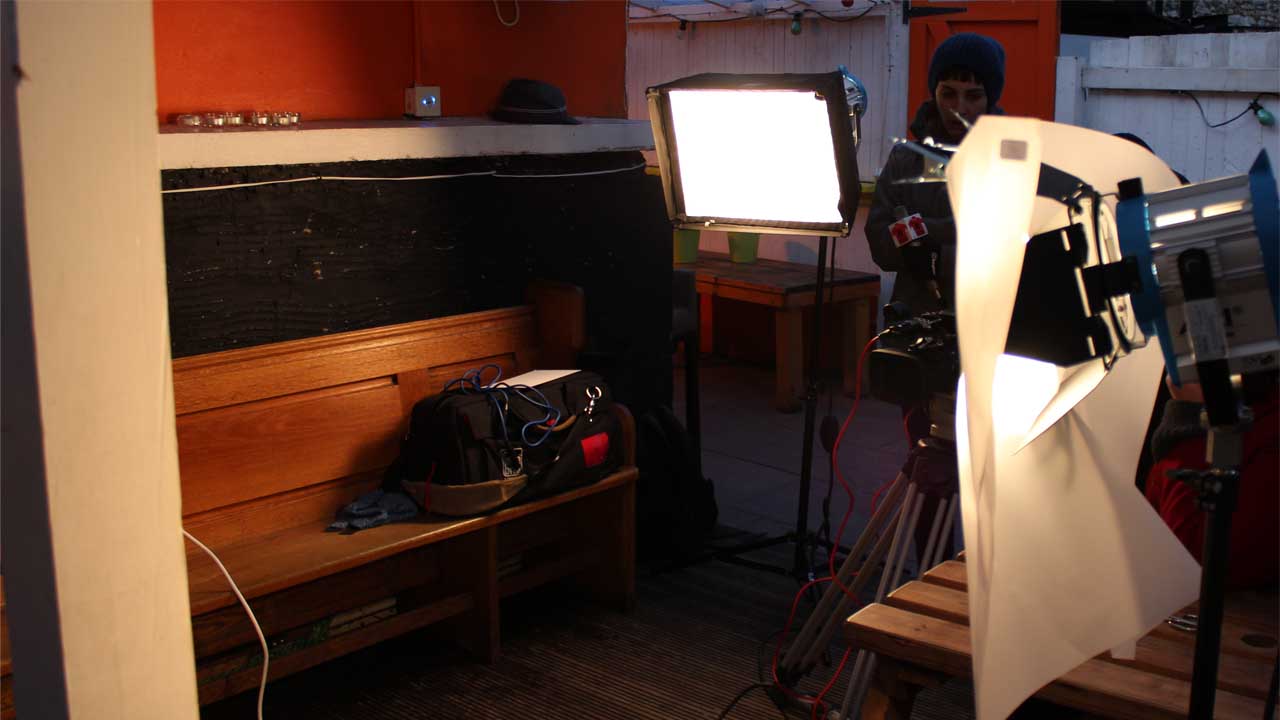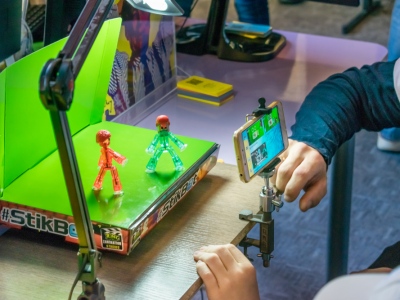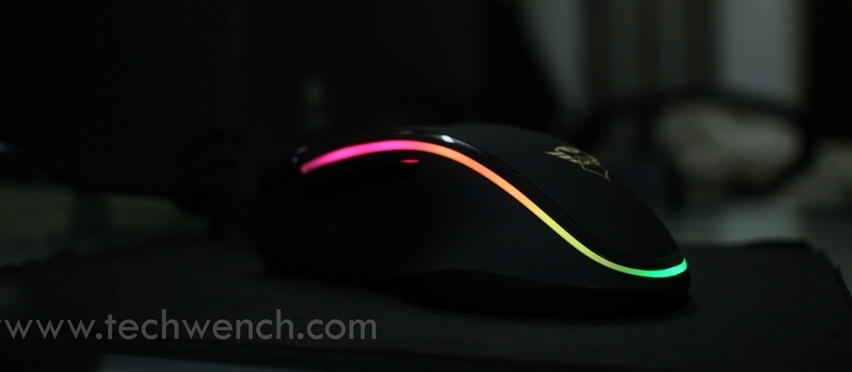In this series by TechWench we will be tackling a question which has been bugging would be filmmakers for decades now “How can I make a film with low to no budget?” How many of us have sat down and watched a film of such low quality it makes you wonder where their entire budget went? Chances are most of us. If you have come upon this article then you definitely have, chances are you fancy your creative chops in the filmmaking world but have scant idea how to start. This article will attempt to put you on the right path and you’ll be making your films in no time!
Filmmaking Today
Before we move into the realms of pre-production, production and post-production it would be prudent to have a discussion on the state of low budget filmmaking as it stands today. The digital era is the biggest friend to the independent filmmaking era as a result of what filmmakers can achieve with next to no budget compared to all the pricey hoop-jumping involved in the analogue era. Filmmaking equipment was larger, poorer quality and considerably more expensive for entry level products, editing software needed editing hardware and a pricey editor to boot and there were few ways to distribute your finished work once you had the final print. The final print which had to be stored very securely and duplicating this film would again cost you princely sums.
But here we are in 2013! A year of emerging technologies, open-source digital wizardry, a zeitgeist in flux due to the pace of life afforded by the digital era, there are cameras, sound recorders and lighting possibilities in everybody’s pocket, everyone fancies themselves as an actor/web-superstar and music producers are increasingly posting royalty free music online as a way to gain recognition. But how does one take advantage of all these opportunities the Millenium is throwing at us?
Storytelling & Scripting
The very core of filmmaking has not changed since its inception; filmmaking is storytelling. Despite what Hollywood has done to try and change this fact by paying more attention and money to the special effects than to the plot or delivery, the public opinion is changing. Effective pre-digital special effects were technical masterpieces which used illusion and trickery to tell the viewer that they were travelling through space and time to get to the story, as opposed to Hollywoods recent format of “Introduce Hero-High Power Sequences-Roll those fancy credits”. Special effects were used to enhance nuances of reality as opposed to changing reality entirely, no matter how good an effect can be the audience will be able to tell, no matter how polished and textured your medusa; people know medusa aren’t real, so no-one is tricked. The most memorable films stay with you for the story, memorable shots stay with you for the effects.
All that said it can be seen that the most important arrow in a low-budget filmmakers quiver is his storytelling ability. This is the skill which will get you known, this is the skill studios would like to see as they can buy everything else but good storytelling is innate to the individual. If you haven’t got the ability to tell a good story the best cameras, actors, special effects and distribution won’t make people love your movie. Before you even think of placing a camera down, place your film down on paper, word for word, shot for shot, get some friends to talk through the dialogue with you to see what works and what doesn’t, ask friends to read through your script. Then burn your script and start again, what shines about your story will come back in the rewrite, what was weak will be forgotten. The biggest money saver is being able to decide whether a story has appeal, one can make inroads into learning this skill by reading over scripts to some of your best loved films and some films which were disasters, reading the script; what would you change if this was your movie and why?
A good script is the key to a good film, regardless of how it’s filmed. This comes long before putting a camera onto a tripod as it really is the start, middle and end of the film, if you’re story is no good then you’ll either have to re-write or start from scratch. Or work on someone else’s film, filmmaking is nothing if not a team venture as we will learn in later instalments.
Next time in the series we will move onto the pre-production phase of low budget filmmaking; once you have your script locked down for cheap, where do you go from there? What cameras? How do I run a day’s filming? How the heck do I edit this swine of a film I staked all this time on? All these questions and their answers can be found in later instalments of How To: Budget Filmmaking.











Comments